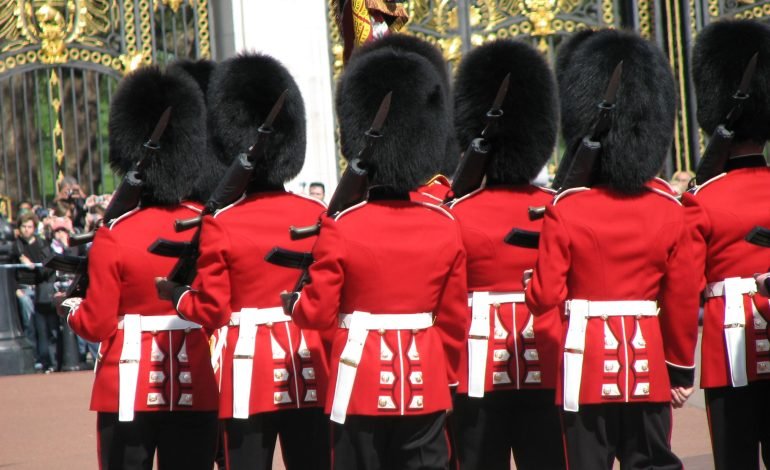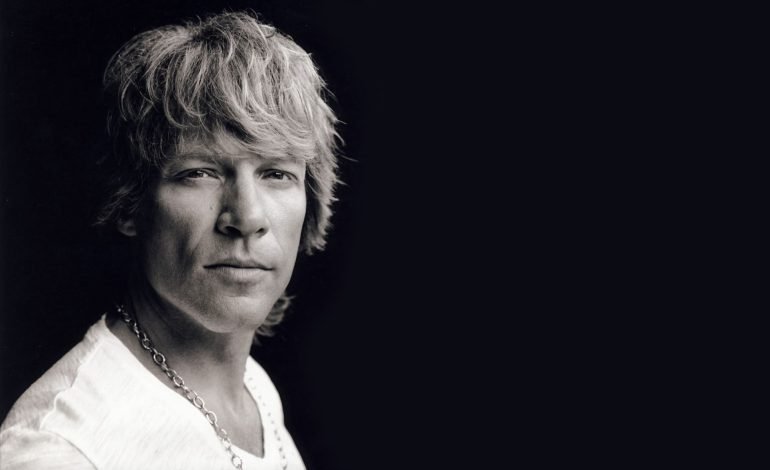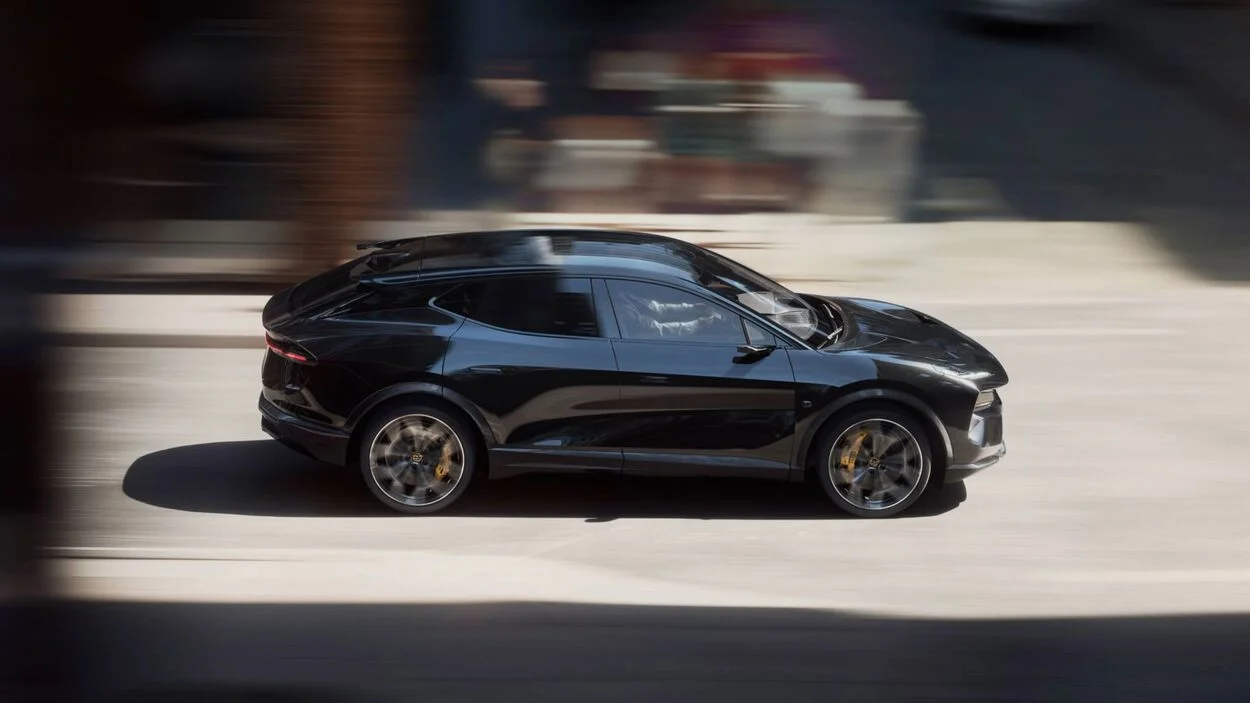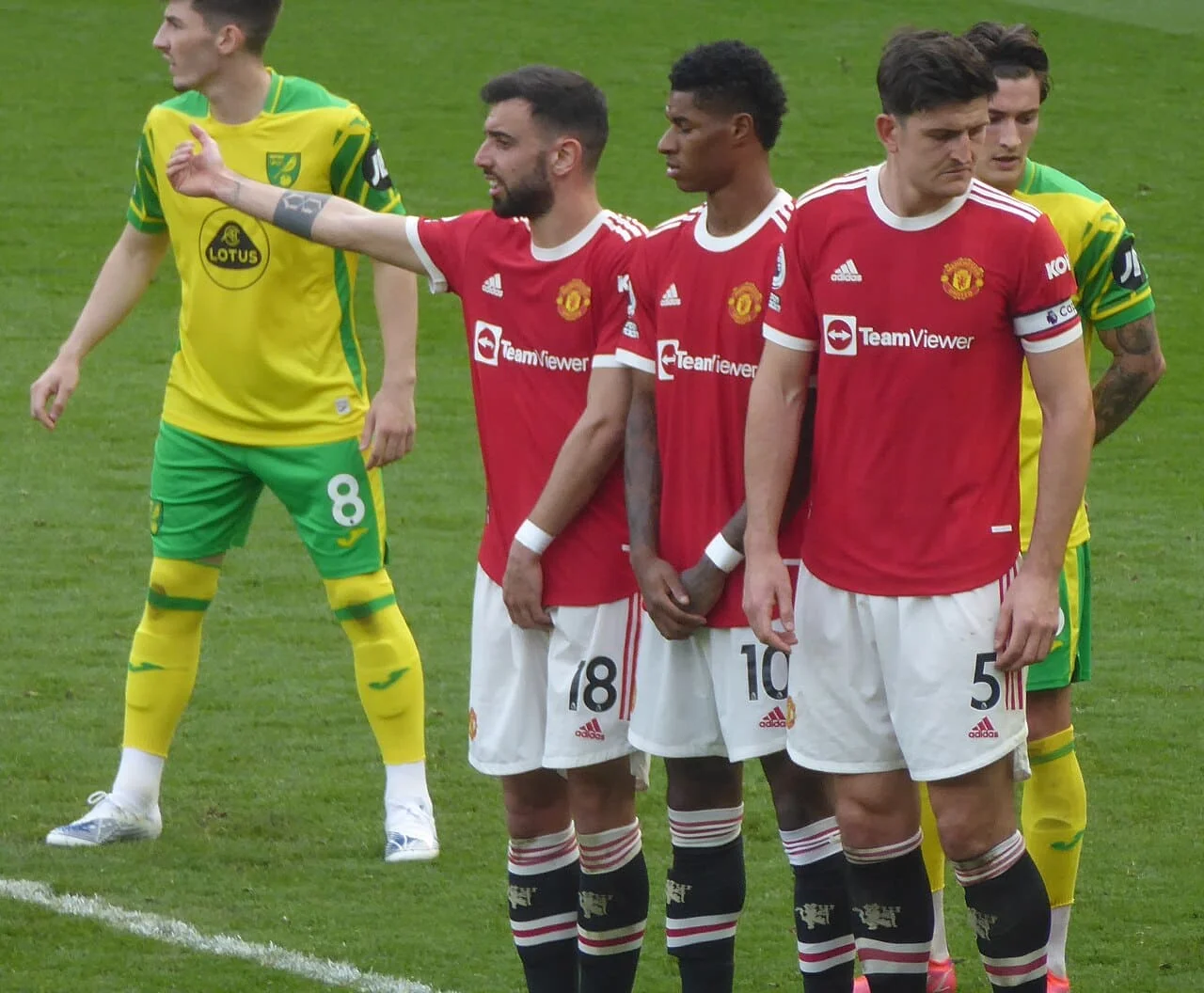The Rising Cost of Bearskin Caps and the Push for Change in the UK

The iconic bearskin caps worn by the King’s Guard outside Buckingham Palace are now costing over £2,000 each, according to recent figures from the Ministry of Defence (MoD). These ceremonial caps, made from the fur of black bears hunted in Canada, have seen a sharp 30% increase in price within the past year, with the cost rising from £1,560 in 2022 to £2,040 in 2023. This surge in expenses has reignited debates about the ethical and financial implications of using real fur for these historic uniforms.
Animal welfare group People for the Ethical Treatment of Animals (PETA) has long opposed the use of real fur, arguing it is both an ethical and financial burden. A recent Freedom of Information request revealed that over £1 million has been spent on bearskin caps in the past decade, sparking further criticism. Elisa Allen of PETA urged the MoD to stop “wasting taxpayer pounds on caps made from slaughtered wildlife” and to switch to faux fur alternatives, which she believes would be both humane and cost-effective.
The MoD, however, maintains that any replacement for the traditional bearskin must meet rigorous safety and durability standards. A spokesperson for the ministry stated, “We are open to exploring faux fur alternatives if they pass the necessary requirements.” Despite this openness, no fake fur option has yet met all the criteria required for use, particularly in terms of water absorption and maintaining shape during ceremonial duties.
Supporters of the traditional bearskin caps argue that the real fur versions are long-lasting and visually consistent, adding to the prestige of military ceremonies such as Trooping the Colour. The MoD has clarified that the fur used in the caps is sourced from licensed, regulated hunts in Canada and that the animals are not hunted specifically for military use. The caps, although costly, are seen as a vital part of British military heritage.
However, the increase in the caps’ price has been attributed to changes in contractual arrangements rather than an increase in fur costs alone. The MoD purchased 24 new caps in 2023 compared to 13 in 2022, highlighting the ongoing need for replacements despite the high costs. This has led to renewed calls for a thorough review of the procurement process and a more sustainable approach to maintaining this iconic aspect of British pageantry.
The debate has also drawn political attention. Labour, now in government, has previously called for an immediate review of alternatives to bear fur, with a particular focus on the environmental and financial aspects. The MoD has stated that it welcomes submissions of fake fur samples for testing but reiterated that any alternatives must meet all performance requirements, especially under varying weather conditions.
Queen Camilla, in a move reflecting growing public sentiment against fur, announced earlier this year that she would no longer procure new fur garments, opting instead for faux fur alternatives. This shift among the royals has put additional pressure on the MoD to consider change.
PETA has long advocated against the use of real fur, urging the MoD to consider alternatives that are both ethical and financially sustainable, as highlighted in their ongoing campaigns against animal cruelty on their official website.
As discussions continue, the traditional bearskin cap remains a symbol of the UK’s rich ceremonial heritage. However, with growing calls for ethical and cost-effective alternatives, the future of these iconic caps may soon take a different turn.
For more updates on this story and insights into British traditions, visit EyeOnLondon.









